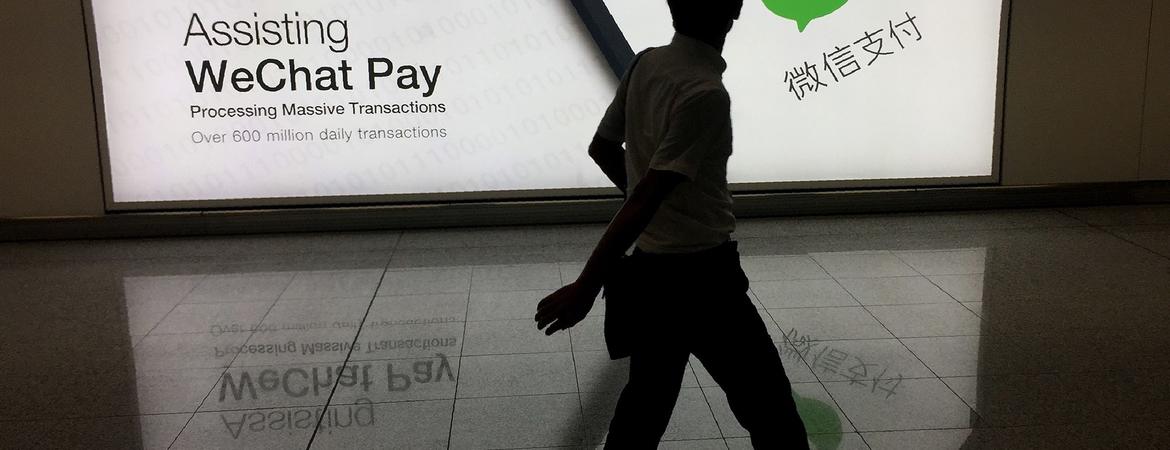Center for Social Innovation

“Facebook is banned in China. ... We might go back to the old phone cards.”
Before the days of social media, Chinese American activists embraced the email chain to mobilize their community for a cause. Chinese-language schools and alumni associations served as their networks.
Then WeChat, a social media app developed by the Chinese company Tencent and released in 2011, made things a whole lot easier.
Part Facebook, part Twitter, part WhatsApp, WeChat caught the eye of conservative Chinese Americans, many of them first-generation immigrants.
They used it not only to rally around issues they viewed as discriminatory, but also as a lifeline to communicate with family and friends in China.
Last week, President Donald Trump put all that in jeopardy when he issued an executive order banning American use of WeChat, effective next month, over national security concerns.
Trump’s move could also choke off a lively conduit of conservative discourse among Chinese Americans — one that was used to mobilize support to help him and other Republicans win election.
Karthick Ramakrishnan, founder and director of AAPI Data and a public policy professor at the University of California, Riverside, said that while 2016 was a big year for Chinese American conservatives, especially in their organizing through WeChat for efforts like Chinese Americans for Trump, some of that support has declined since then.
Outside of politics, WeChat has made life easier for many of its more than 1 billion users, most of them Chinese speakers. The app can be used to buy groceries, pay bills and help Chinese overseas stay connected with relatives in China. It’s also where many Chinese-language speakers get their news.
WeChat observers say conservative Chinese American organizers are preparing to explore new mediums to spread their message, even if all are not on board with re-electing Trump.
“I would predict that if — it’s a big if — WeChat actually does get banned, the activist community will find workarounds,” Ramakrishnan said.
Conservative Chinese American activists are among those who have leveraged WeChat to turn out members of their community en masse for demonstrations on issues like ending affirmative action in schools and banning data disaggregation, the process of breaking down data by ethnic group.
But the political landscape on the platform has shifted since the last presidential election, according to WeChat observers.
Ramakrishnan said more moderate and progressive voices are speaking up on it, especially through microblogs that get shared and on public accounts.
“I would imagine that he has had fewer supporters in WeChat world, as people say, than in the past,” Ramakrishnan said